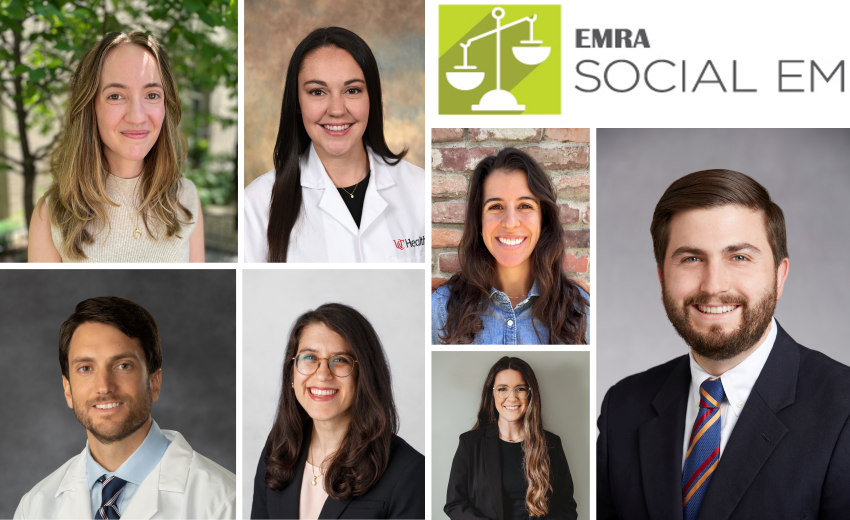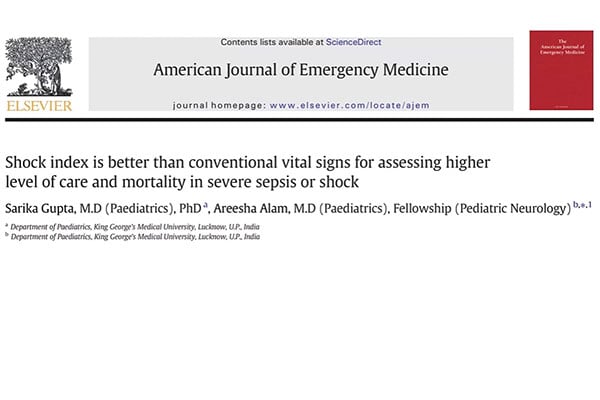Disaster Plan: Understanding the Scramble
As Match Day draws closer and anxiety peaks, it is important to think about your contingency plans. One of the most alarming events for fourth-year medical students is finding out they have not matched. This brief tutorial will give you important facts about the Scramble, and most importantly push you to start thinking about "what if..."
Every year, on the Monday preceding Match Day, the NRMP notifies students who have not matched in the residency application process. Students will be able to check their status on the NRMP R3 Website at Noon on Monday. While a scary moment for each candidate, it is crucial to check your status as soon as possible after it is released so that you can stay ahead of the curve in the Scramble.
At many medical schools, students are encouraged to come to the Dean's office immediately for counseling and strategy planning if they find out they have not matched. It is important to find out NOW where you should report if the unthinkable occurs.
Monday afternoon is a time to think about your options and decide on a plan of action for the coming days. In short, your options are:
- Try to scramble into any open spots in emergency medicine
- Consider changing specialties to one less competitive with open slots
- Consider scrambling into a transitional year, or a preliminary year in either surgery or internal medicine, and plan to reapply next year
- Consider taking a year off for research and/or travel, and reapplying next year
In recent years, emergency medicine has gotten increasingly competitive and consistently has only a single digit number of spots open for the Scramble. According to NRMP data, 1370 of 1399 (97.9%) were filled in 2008 through the match, with 1282/1288 (99.5%) in 2007. It is important to think about the above four choices before Match Week so you are not pressured to make a potentially life-altering decision in the spur of the moment.
As Monday afternoon progresses, your medical school administrators will receive a regional listing of open slots in each specialty (e.g. 2 EM spots in the Northeast U.S.). This will help you understand the likelihood of scrambling into another open spot in your desired geographical area. You also should start collecting the following materials (both electronic and paper, if possible) for the Tuesday Scramble:
- Dean's Letter
- Transcript
- A copy of your NRMP Universal Application
- Your CV
- Any letters of recommendation of which you have copies
Often times, programs that historically do not fill will send brochures to your school prior to Match Week to aid you in your decision about which programs to pursue.
The Tuesday of Match Week is the official Scramble Day. Your school will be notified about which programs have open spots and how many. At U.S. schools, you will likely be advised to visit with your school's academic coordinators from the field in which you are trying to match. At Noon, they will begin calling open programs and lobbying for your acceptance, or you may need to call on your own (foreign and international medical graduates usually must make these calls for themselves). Residency programs with open slots will frequently ask for the above-mentioned materials, needing them faxed immediately. It is important that you and/or your school have quick access to a fax machine.
Spots can go very quickly, with many available positions filled by 2PM. Offers will be made over the telephone. If given an offer for a scramble position that is not your first choice, you should always ask how long you have to accept. Often times, there are positions available at very prominent residency programs. It is not uncommon for these residency directors to be more methodical in filling their open positions. Usually, they will organize interviews for later in the week or month, and make a decision thereafter.
Match Day is an important time for every future physician. Fortunately, many students will get one of their top choices and move onto residency with great anticipation. However, there are others who must endure the Scramble to secure their intern spot. It is not a reflection of you when you don't match, but more commonly ill-advised program selection, or just bad luck. Many students emerge from the Scramble with highly sought after positions with others who purposely waited for Unmatch Day to find a transitional year program. With your rank list turned in, the most important thing you can do is think about your contingency plans for the future. If you have any questions on past years’ match data, check out the NRMP website. Congratulations on your interview season and good luck in the Match!
Matthew D. Bayley, MS III
University of Pennsylvania
EMRA Medical Student Committee
Distributed March 2002
Reviewed/Edited 1/09:
Aubrey Hoye, MS-IV
Michigan State University College of Osteopathic Medicine
Osteopathic Representative, EMRA MSC
Related Content



Feb 25, 2021
Trailblazers in Emergency Medicine : CCM
The EMRA Critical Care and D&I Committees hosted a fireside chat discussing the integral role of women and URiM in EM-CC. This discussion will launch an initiative designed to increase representation and mentorship for URiM and women in emergency medicine critical care fields.




